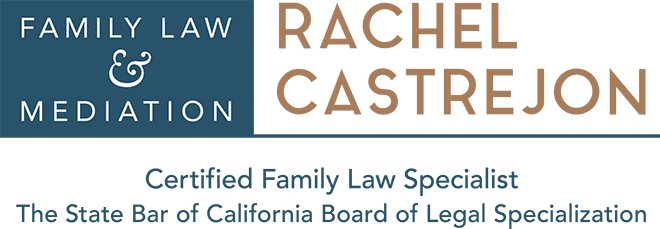Innocent Spouse Relief in Tax Law

Generally, both spouses are responsible for paying any tax, interest, or penalties from their joint tax return. If you are going through a divorce and believe your current or soon to be former spouse should be solely responsible for an error or an underpayment of tax from your joint return, you may be eligible for innocent spouse relief. By filing a Request for Innocent Spouse Relief (IRS form 8857), you can ask the IRS to consider granting relief based on certain factors, including, but not limited to:
- Your current financial situation
- How involved you were with your family finances and preparing the tax returns
- Whether you were (or are) a victim of domestic violence.
While your request is being considered, the IRS generally cannot collect any tax from you for the year(s) you request relief, but it does extend the amount of time the IRS has to collect any tax owed.
You must meet all of the following conditions in order to qualify for innocent spouse relief:
- You filed a joint return which has an understatement of tax, due to unreported income or incorrect deduction, of your spouse (or former spouse).
- You establish that at the time you signed the joint return you did not know, and had no reason to know, that there was an understatement of tax.
- Taking into account all the facts and circumstances, it would be unfair to hold you liable for the understatement of tax. According to the IRS, divorce, separation or desertion are examples of unfairness.
- You and your spouse (or former spouse) have not transferred property to one another as part of a fraudulent scheme. A fraudulent scheme includes a scheme to defraud the IRS or another third party, such as an ex-spouse.
The IRS will make a determination within 6 months of the filing of a request for Innocent Spouse Relief. By law the IRS must contact your spouse or former spouse concerning your request.
If you are going through a divorce and you are paying taxes for income that you were unaware of, you should speak with a lawyer to determine whether filing for innocent spouse relief is an option.
